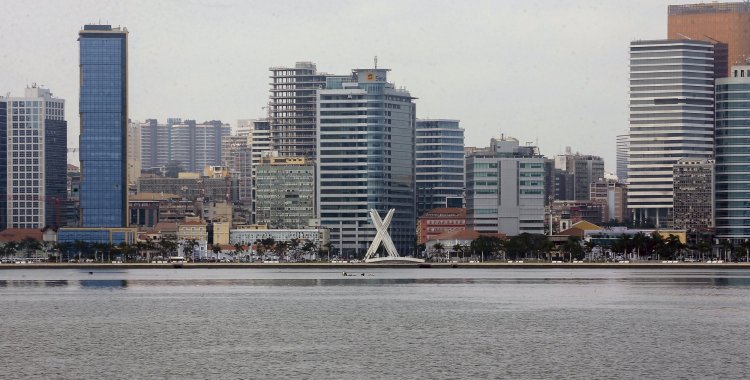"When we dropped the rating, in March 2020, the environment was very different, Angola was facing multiple external shocks from the oil crash and the pandemic, this had severe impacts, and it was partially thanks to the Debt Service Suspension Initiative (DSSI) and restructuring agreements with China that had some breathing room," Zahabia Gupta said in an interview with Lusa.
"Now, what we see is that the tide has changed, the external environment is much more favorable, oil prices are better than we expected, and this has made the exchange rate evolve very favorably, debt levels have fallen by more than 55 percentage points of GDP since last year, they put in place very difficult reforms since 2017, such as exchange rate liberalization, VAT, widened the tax base, and tightened spending a lot, and now they are starting to see the benefits of that reform" , added the analyst.
In an interview with Lusa following the improvement in Angola's rating, from CCC+ to B-, Zahabia Gupta warned, even so, that the improvement in the economy is tempered with several risks regarding debt and public finances.
"At the same time, there are significant credit risks; the repayment levels of external debt are quite high, and they will increase to over 6 billion dollars from 2023 onwards and that is a risk because it means they will need to have access to the market and additional financing from current creditors to meet these needs", he pointed out.
S&P considers that Angola has already left the recession in which it was plunged since 2016, having registered a slight growth of 0.2 percent in 2021.
"Being six years in recession, the base effect is enough for them to start growing; we estimate that GDP grew by 0.2 percent in 2021, and the big reason for this is that, as oil production fell by 12%, it was the sector non-oil economy that sustained the economy and motivated a slight growth", he said, pointing out that the non-oil economy, such as agriculture, diamonds, trade and fisheries, "will be the main engine of the recovery".
Standard & Poor's: Angola's economy has turned the page
The analyst at the financial rating agency Standard & Poor's (S&P) who follows Angola considered that the national economy has started a new chapter of growth in 2021, but warns of the high risks in financing.







